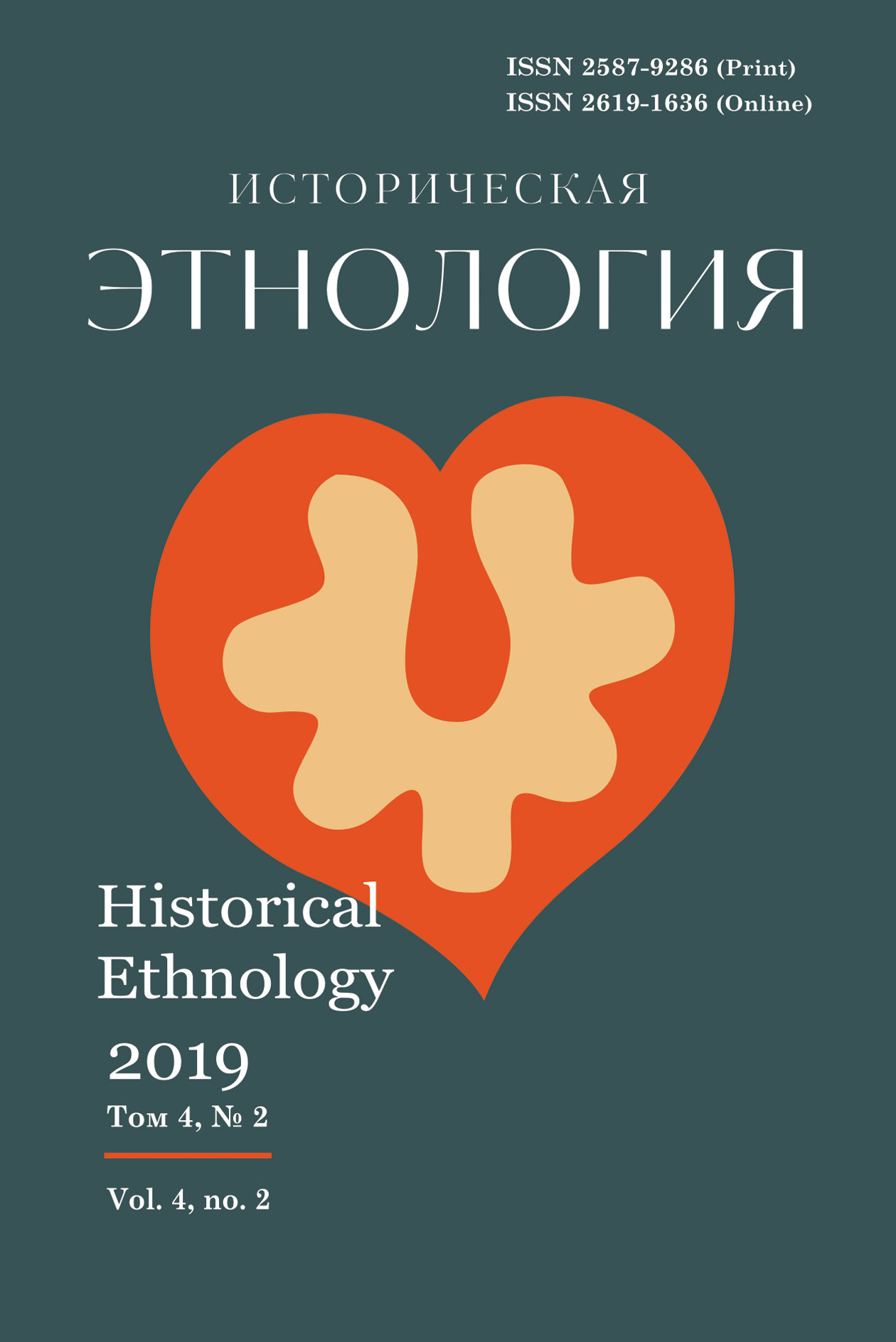
206-218 p. doi.org: 10.22378/he.2019-4-2.206-218 Today, Kazan faces the issues of heritage preservation, choosing vectors of development, and the correlation of symbolic and physical space. The important point is to construct its identity in the context of globalization. As a result of the presented research, the cultural codes were investigated from the perspective of the types of activity specific to a given territory, i.e. a set of recurring events throughout history. The Old Tatar Quarter (Staro-Tatarskaya Sloboda) was one of the remarkable territories, which formed the spirit of the city. It is characterized by the national, Muslim, and commercial cultural codes, based on the experience that this territory has gained over time in the conditions of the given landscape and established kinds of activities. At present, the space of the Old Tatar Quarter can be conditionally divided into several zones, depending on the image that is created and transmitted outwards. This image is constructed via “top-down” and “bottom-up” perception and a zone with an erased meaning. Rethinking the territory of the Old Tatar Quarter will fill the city with a special flavor and will allow finding a balance between preserving the heritage and responding to contemporary requests, and will strengthen uniqueness in the globalization process. Keywords: Tatar culture, Kazan, cultural code, urban studies, the spirit of a place, the soul of the city For citation: Dusaeva E.M. Cultural codes of the Old Tatar Quarter. Istoricheskaya etnologiya – Historical Ethnology, 2019, vol. 4, no. 2, pp. 206–218. DOI: 10.22378/he.2019-4-2.206-218
REFERENCES
About the author: Enzhe M. Dusaeva is a Candidate of Science (Cultural Studies), Associate Professor, Kazan Federal University (1/55, Pushkin St., Kazan 420008, Russian Federation); edusaeva@gmail.com
|
Istoricheskaya etnologiya Historical Ethnology
Scientific journal







